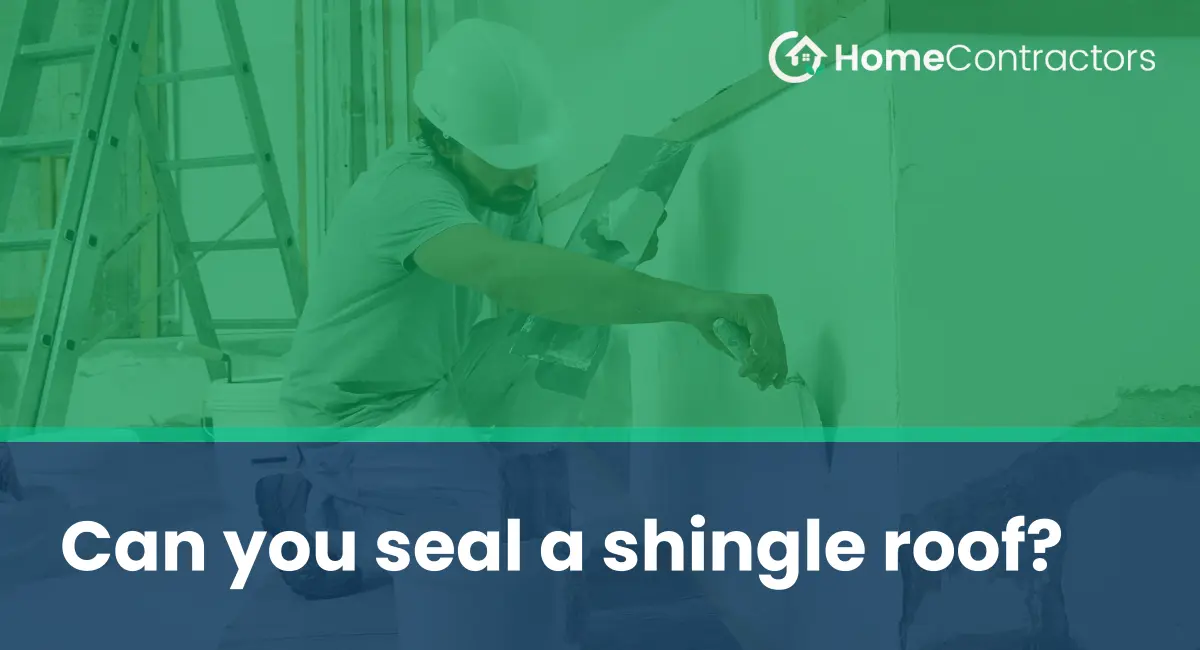When it comes to roof maintenance, homeowners often wonder whether they should seal their shingle roofs. While it may seem like a good idea to protect the shingles from damage, experts have varying opinions on whether sealing is necessary or advantageous for a shingle roof. In this article, we will take a closer look at the topic and discuss the reasons for and against sealing a shingle roof.
Understanding Shingle Roofs:
Before delving into the discussion, it is essential to have a basic understanding of shingle roofs. Shingle roofs are a popular option for residential homes due to their durability, affordability, and ease of installation. These roofs typically consist of individual shingles made of asphalt, fiberglass, or wood and provide a protective layer for your home against the elements.
Advantages of Sealing a Shingle Roof:
- Increased Weather Resistance: Sealing a shingle roof can enhance its ability to withstand harsh weather conditions. The sealant forms a protective barrier against rain, hail, and UV rays, preventing moisture and debris from penetrating the shingles and causing damage.
- Extended Lifespan: By sealing your shingle roof, you may potentially extend its lifespan. The sealant acts as an additional layer of protection, reducing the wear and tear on the shingles and increasing their longevity.
- Reduced Maintenance: Sealing can minimize the maintenance required for your shingle roof. The sealant helps to keep the shingles clean by preventing the growth of algae, moss, or mildew. It also reduces the buildup of dirt and debris, making it easier to maintain your roof’s cleanliness.
Disadvantages of Sealing a Shingle Roof:
- Breathability Issues: Shingle roofs are designed to allow proper ventilation, which helps prevent moisture buildup within the attic and reduces heat absorption. Sealing the roof may hinder this natural airflow, leading to potential problems such as mold growth or decreased energy efficiency.
- Potential Damages: Improper application or the use of the wrong type of sealant can cause damage to the shingles. Some sealants might contain chemicals that can degrade the shingle material or compromise their integrity. It is crucial to choose high-quality, roof-specific sealants and follow the manufacturer’s instructions carefully.
- Limited Effectiveness: Some experts argue that sealing a shingle roof may not provide significant benefits. They claim that modern shingles are designed to be durable and highly resistant to environmental factors. Without substantial evidence supporting the effectiveness of sealing, the cost and effort invested may not be worth the potential benefits.
Sealing a shingle roof remains a subject of debate among roofing professionals and homeowners. While some argue that sealing can provide increased weather resistance, extended lifespan, and reduced maintenance, others caution against potential breathability issues and damages that may arise from incorrect application. Ultimately, the decision to seal a shingle roof should be based on the specific circumstances, age of the shingles, climate, and the homeowner’s preferences. It is advisable to consult with a professional roofing contractor who can evaluate your roof’s condition and provide expert guidance on the best course of action.
